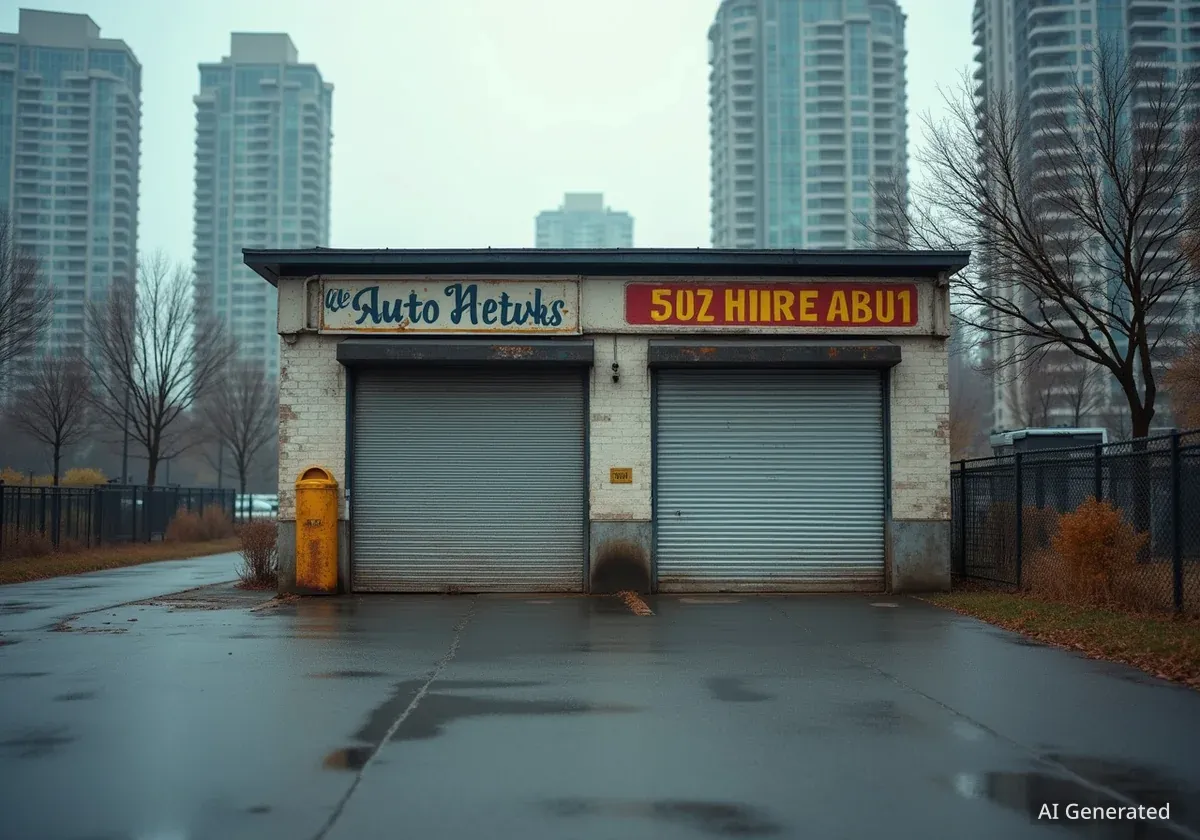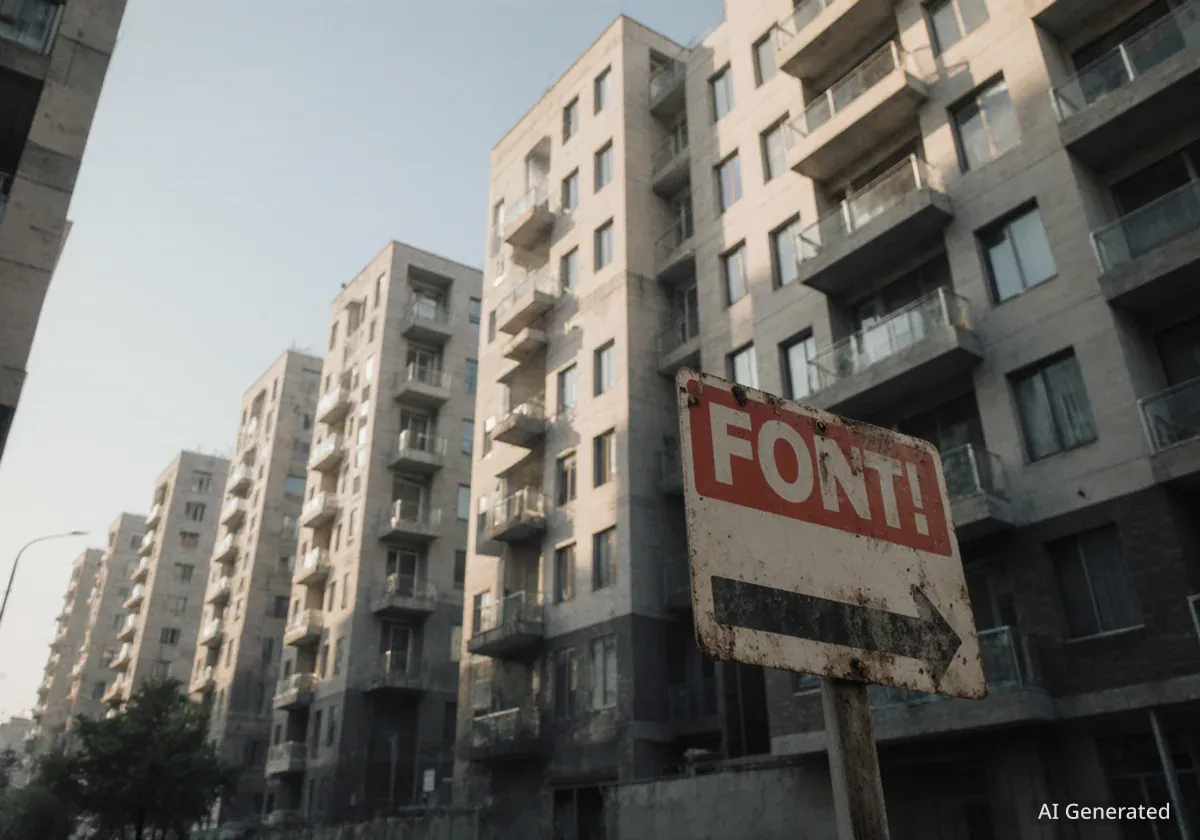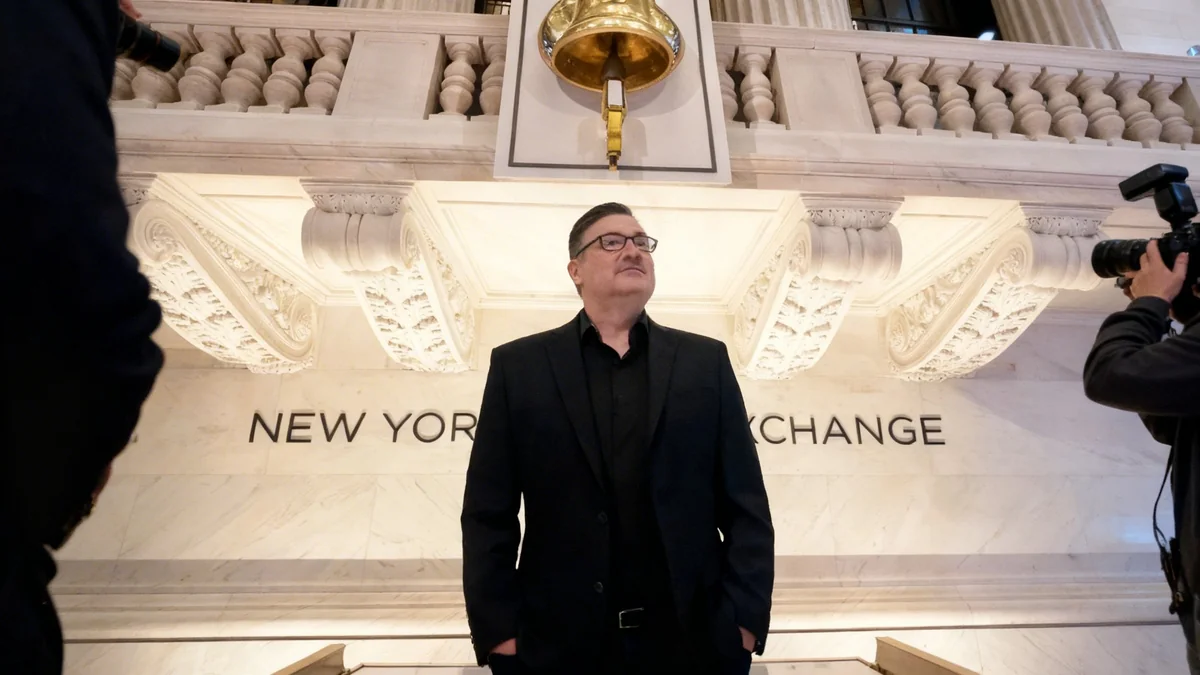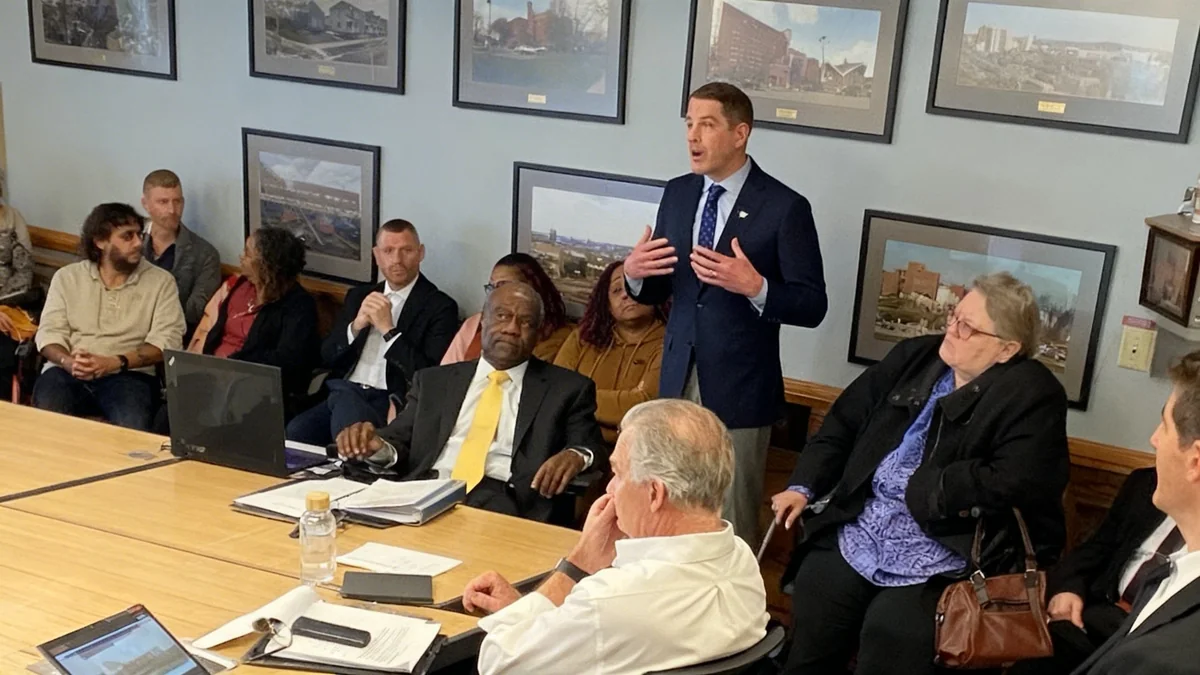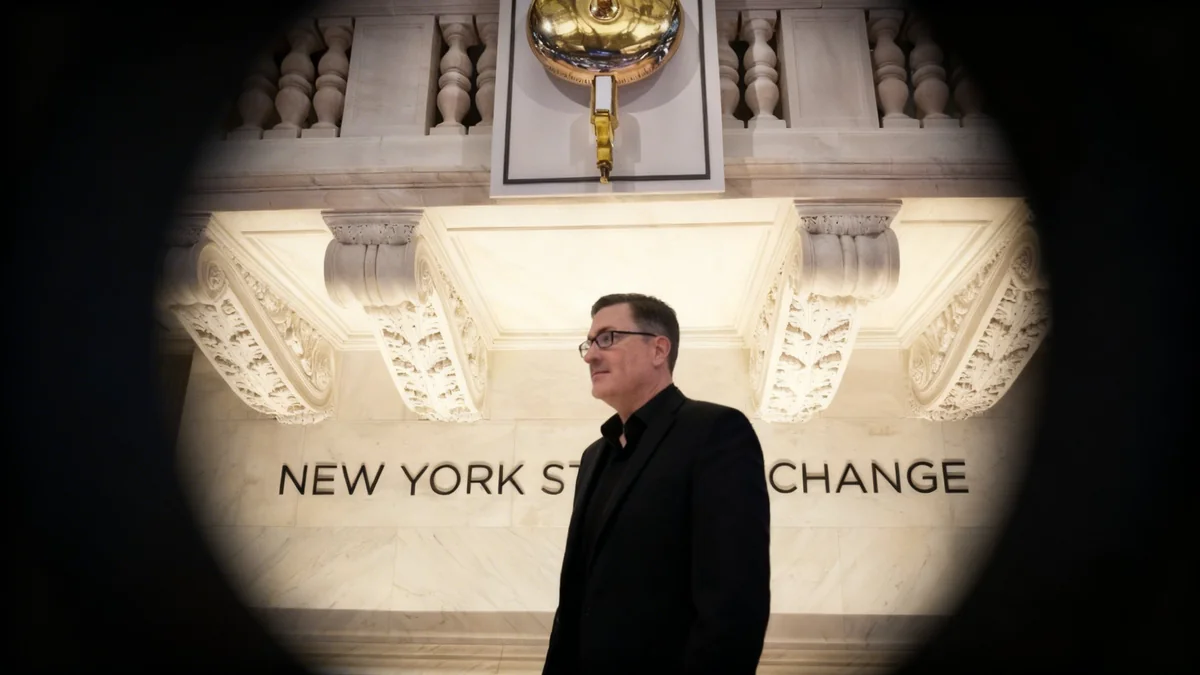Denver City Hall is moving forward with plans to acquire a former downtown auto repair shop to develop affordable housing. The proposed purchase, valued at $2.5 million, signals Mayor Mike Johnston's administration's strategy to address housing needs through direct real estate acquisition and development. This initiative follows previous efforts to house homeless populations in temporary shelters and purchased hotels.
Key Takeaways
- Denver City Hall plans to buy a former auto shop for $2.5 million.
- The site will be redeveloped into affordable housing.
- Details on project management, environmental remediation, and specific housing types remain undefined.
- The city aims for "true affordable housing," potentially below market rates.
- This initiative follows a rejected sales tax hike proposal for affordable housing.
City Hall's Real Estate Strategy Expands
The acquisition of the old Goodyear shop marks an expansion of Denver City Hall's approach to housing solutions. For months, the city has provided temporary housing for homeless individuals in tent communities and through hotel purchases. The current plan represents a shift toward creating more permanent housing options.
The $2.5 million purchase of the downtown property, located near prominent city landmarks like the Denver Pavilions and the Webb Municipal Building, was reported by The Denver Gazette. This transaction is pending finalization.
Fact Check
The planned acquisition of the former Goodyear site is valued at $2.5 million. This investment is intended to create new affordable housing units in downtown Denver.
Uncertainties Surround Development Details
While the city's intention is clear, many operational and financial details of the project remain uncertain. City officials have not yet outlined a clear path for the development post-acquisition. The plan involves tearing down the existing structure and constructing new housing units.
After the sale closes, the city expects to seek a developer for the project. Options under consideration include selling the land to a developer or entering into a leasing agreement. The specific type of affordable housing also has not been determined.
Environmental and Regulatory Challenges
Former auto repair shops often present environmental challenges. The site may require significant remediation for any existing environmental contamination. This process can add substantial costs and time to development projects.
Additionally, the new construction will need to comply with Denver's stringent green-energy building mandates. These regulations often increase construction costs. The city has not publicly addressed how these potential expenses will be managed or funded.
"We are talking about true affordable housing, not just a development with market affordable," stated Lisa Lumley, Denver's real estate director, in a recent presentation to City Council members. This indicates a goal to offer housing at rates below standard market affordability.
Defining "True Affordable Housing"
The administration's focus on "true affordable housing" suggests a commitment to providing options significantly below market rates. This approach could imply ongoing financial subsidies to maintain lower rental or purchase prices for residents.
The city has not specified whether the project will consist of apartments, with City Hall acting as landlord, or condominiums. The target demographic for this housing also remains unclear. It could serve those transitioning from the city's temporary homeless shelters or other residents with modest incomes.
Background Information
Mayor Mike Johnston previously proposed a sales tax increase to fund affordable housing for 20,000 Denver residents over ten years. Voters rejected this proposal in November of last year due to a lack of specific plans and widespread criticism regarding its details. This new downtown project may represent a smaller-scale effort towards similar goals.
Financial Implications and Past Proposals
The funding mechanism for sustained affordability, especially if permanent subsidies are required, has not been detailed. This raises questions about the long-term financial viability of the project for taxpayers.
The current initiative brings to mind Mayor Johnston's earlier plan to raise the city's sales tax. That proposal aimed to house 20,000 Denverites within a decade. Critics, including former three-term Denver Mayor Wellington Webb, pointed to a lack of concrete plans and specifics. Voters ultimately rejected the tax hike.
Council Concerns and Potential Outcomes
The current downtown real estate purchase, while modest in scale, has already generated questions from some City Council members. The use of a city contingency fund for the acquisition has raised eyebrows, setting a precedent for affordable housing initiatives.
Two main scenarios could unfold from this project. One concern is that the development could become an extended-stay facility for the homeless, potentially impacting the downtown area. A more likely scenario, according to some observers, is that a developer might find the financial numbers do not align with the city's "true affordable" goals. This could lead to the project shifting towards "market affordable" housing, undermining the initial intent.
Ultimately, the project risks becoming a significant financial burden for taxpayers if not managed with precise planning and clear financial projections. Developing real estate without sufficient foresight can lead to cost overruns and failure to meet stated objectives.
- The project could become an extended-stay facility for the homeless.
- A developer might deem the "true affordable" model unfeasible.
- The project could then revert to "market affordable" housing.
- Taxpayers may face significant financial risks.

